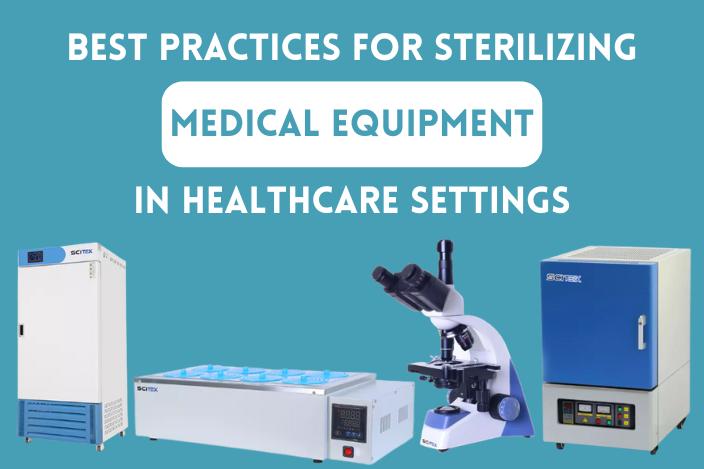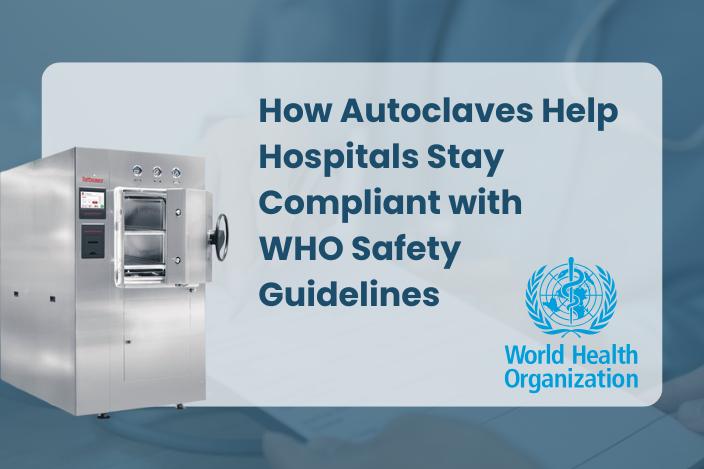
Published on 01-10-2025
How Autoclaves Help Hospitals Stay Compliant with WHO Safety Guidelines
Introduction
Hospitals and healthcare facilities operate under strict safety and hygiene protocols. Among the most critical tools supporting these protocols is the autoclave a device designed to sterilize surgical instruments, medical waste, and other hospital materials. When used properly, autoclaves ensure your hospital meets international health and safety standards, including those set by the World Health Organization (WHO).
This guide from Capri Medicals explores how autoclaves work, why they matter, and how to choose the right one to keep your facility compliant, efficient, and safe.
What Is an Autoclave & Why It’s Essential
An autoclave is a high-pressure sterilization unit that uses steam, pressure, and heat to eliminate harmful microorganisms from medical tools and waste. It’s a critical component in any hospital’s infection control strategy.
By ensuring instruments are fully sterile before reuse, autoclaves minimize infection risks for patients and staff alike. They also help hospitals comply with global healthcare regulations and medical waste management protocols.
How Autoclaves Work in a Hospital Setting
The Four Critical Parameters
To sterilize effectively, autoclaves rely on a combination of:
-
Steam: to penetrate instruments thoroughly
-
Pressure: to maintain steam saturation
-
High temperature: typically around 121–134°C
-
Time: usually 15–30 minutes depending on load and contents
Air Removal for Complete Penetration
Air pockets reduce sterilization effectiveness. Modern autoclaves use vacuum or gravity-displacement systems to remove air, ensuring 100% steam contact with every surface.
Drying & Cooling Phases
Post-sterilization, the drying phase prevents recontamination. Properly dried instruments are safe for immediate storage or use.
WHO Compliance & Infection Control
WHO guidelines emphasize the importance of sterilization for reusable instruments, especially in surgical settings. Autoclaves fulfill this requirement by providing:
-
Reliable sterilization cycles with verifiable performance
-
Safe decontamination of infectious medical waste
-
Reduction in healthcare-acquired infections (HAIs)
-
Staff and patient safety through consistent sterilization practices
Using a high-quality autoclave ensures that your hospital adheres to these guidelines—improving both patient outcomes and regulatory compliance.
What to Look for in a Hospital Autoclave
Chamber Size & Cycle Options
Choose an autoclave that suits your daily load volume. At Capri Medicals, our High Pressure Steam Autoclave offers flexible cycle settings for different materials and instruments.
Safety Features
Key safety elements include:
-
Door interlock systems
-
Emergency pressure release valves
-
Overheat protection
-
User prompts and digital displays
Maintenance & Support
Autoclaves must be maintained regularly to perform safely. Our team at Capri Medicals provides full installation, training, and ongoing support to ensure your device functions flawlessly year-round.
Common Questions About Hospital Autoclaves
Q: Do autoclaves work on all instruments?
A: No. Items that cannot withstand heat and pressure require alternative sterilization methods. Autoclaves are ideal for heat-resistant surgical tools, linens, and waste.
Q: How often should an autoclave be validated?
A: Routine validation ensures cycles are effective. We recommend daily biological indicator tests and monthly full-cycle validations for regulatory peace of mind.Q: Can I use a single autoclave for both instruments and waste?
A: Yes, but with separate cycles and strict protocols. Some hospitals use dedicated autoclaves for waste. Our systems can be tailored to your setup.Q: Are autoclaves safe for staff?
A: Absolutely. When operated correctly and equipped with built-in safety features, autoclaves are among the safest sterilization methods in clinical use.Conclusion
Autoclaves are more than just hospital equipment they are essential tools for infection control and regulatory compliance. From sterilizing instruments to treating hazardous waste, they protect patients, staff, and your facility’s reputation.
At Capri Medicals, we provide hospital-grade autoclave systems engineered for performance, safety, and compliance. Explore our High-Pressure Steam Autoclave or contact us today to discuss a solution tailored to your facility’s needs.

.png)
.png)
.png)
.png)
.png)
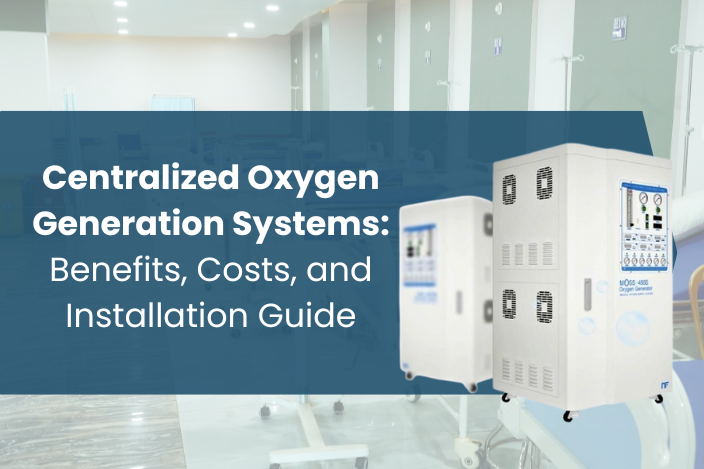
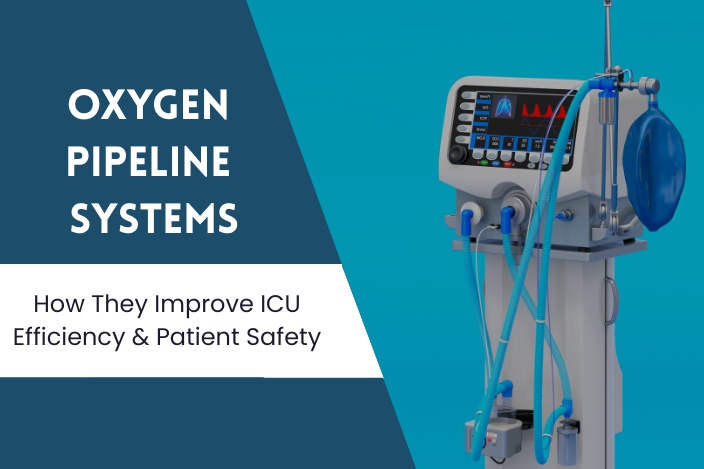
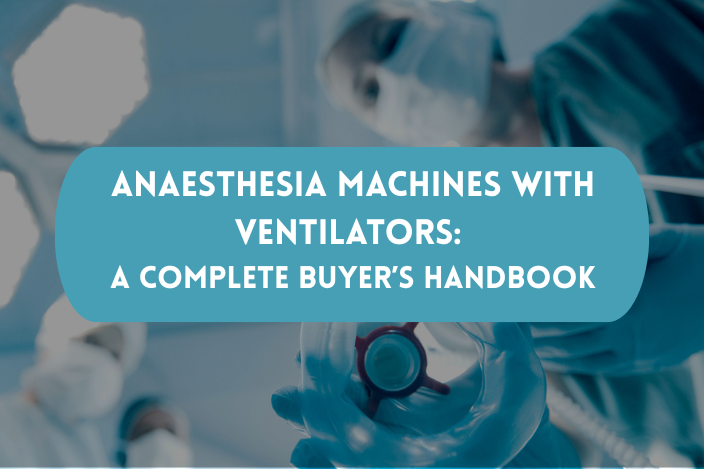
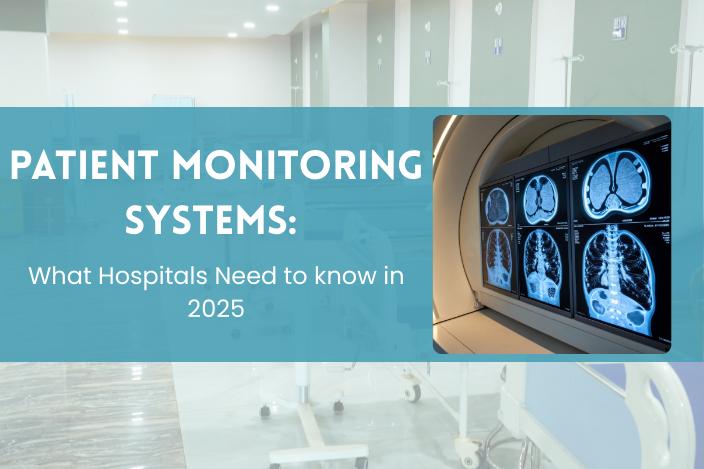
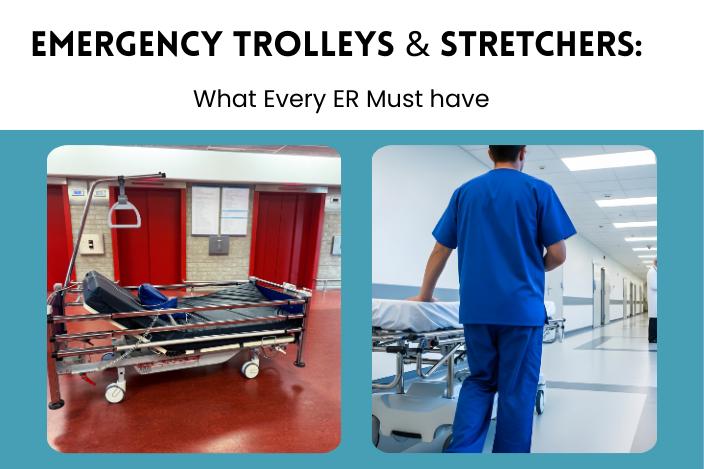
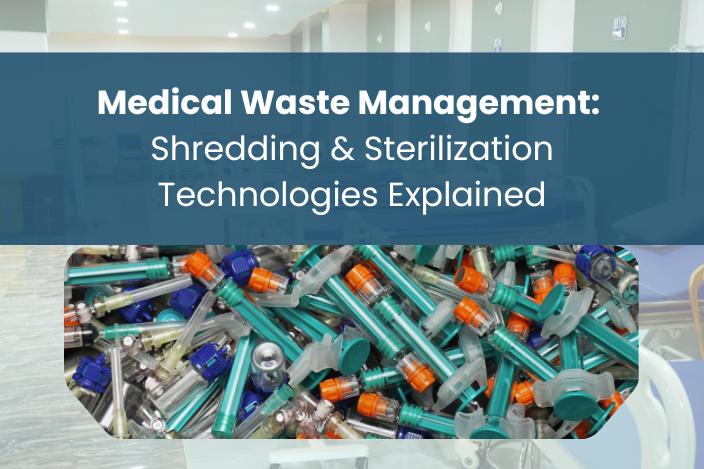
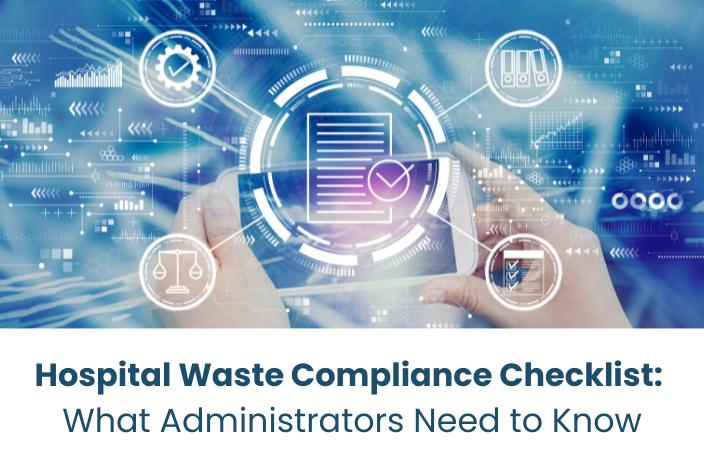
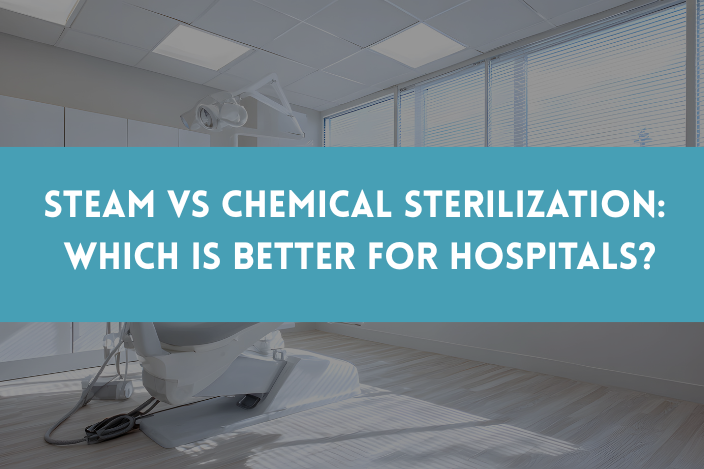

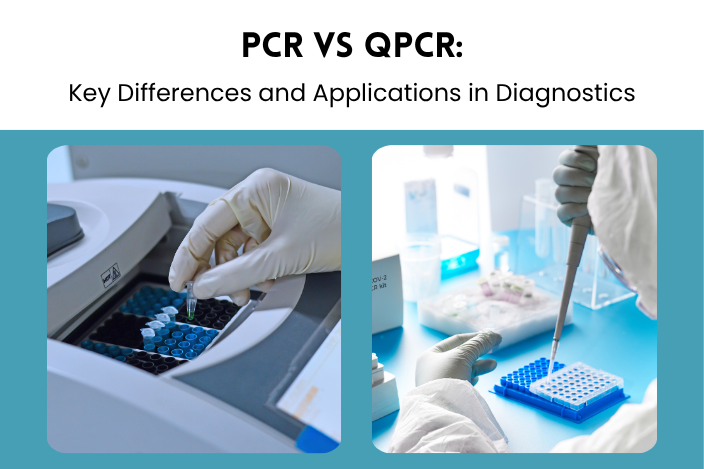
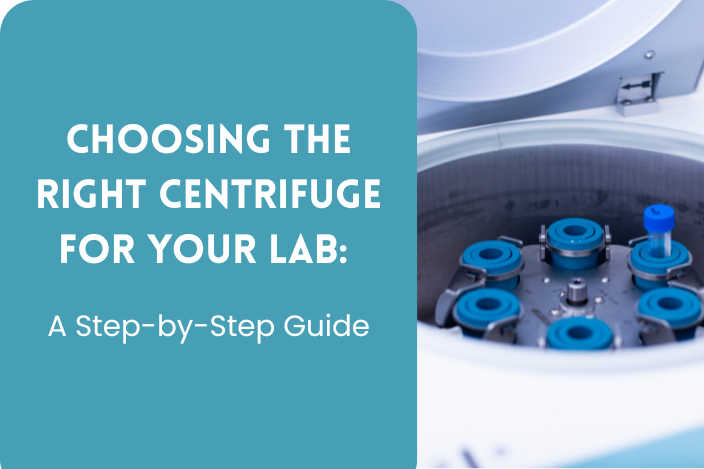

.png)
